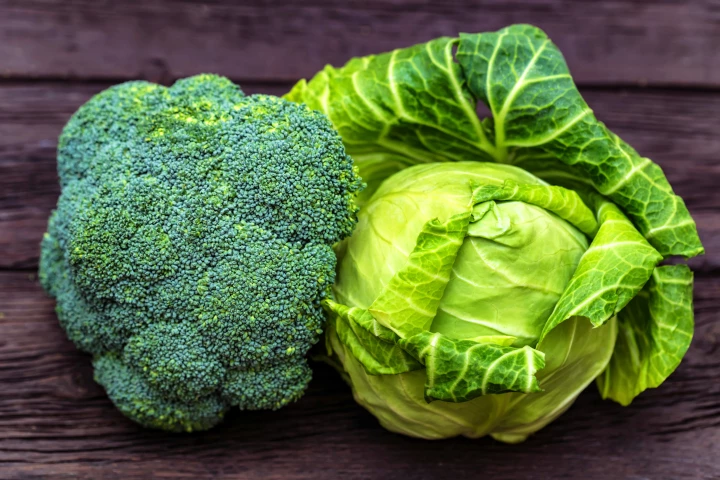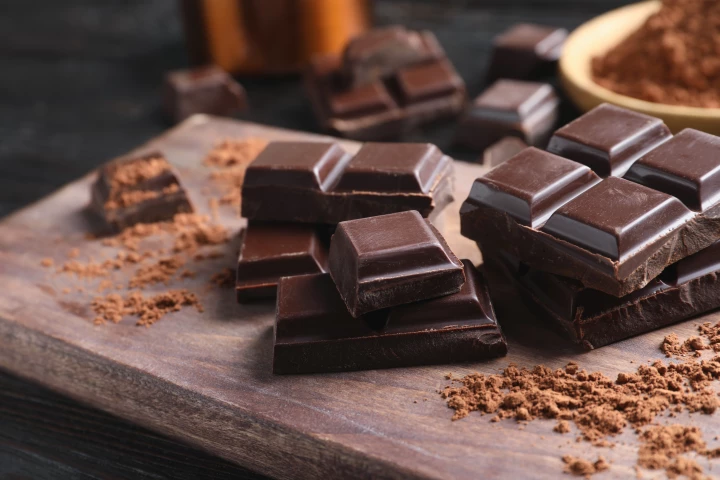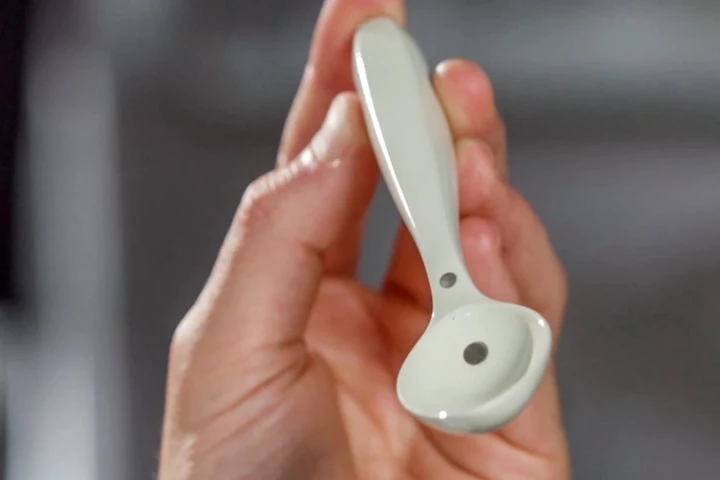Taste
-
If you have an aversion to the bitterness of foods like cabbage or broccoli, you might be a "super-taster," carrying a specific genetic code that dials up taste sensitivity. It may also put you at higher risk of kidney disease and bipolar disorder.
-
VR is incredibly immersive for sight and sound, touch can be done, and even smell is starting to appear. That just leaves one sense – and whether or not anyone actually wants to taste virtual worlds, a new device is now tackling that final frontier.
-
So, you know you should cut back on salt, but you don't like the bland taste of low-sodium foods. The Electric Salt Spoon may be just what you need, as it's claimed to boost the salty flavor of foods without actually adding any salt.
-
Machine-learning models predicted what would make beer taste better. Trained taste testers who drank the AI-altered beverages were greatly impressed. Now, scientists behind this taste-perfecting method have their sights set on much more than beer.
-
While chocolate will likely never be an overall healthy food, it would be good if there could at least be a lower-sugar version of it that people liked just as much as the real thing. Well, it turns out that oat flour could help make that happen.
-
If you overindulge in sugary treats, the good news is that your sweet tooth will be silenced. The bad news, though, is that this triggers a hormonal call out for fatty foods. And even worse news, too much fat will then switch sugar cravings back on.
-
Researchers have uncovered the mechanism by which our taste buds detect ammonium chloride, exemplified by the distinct taste of salty licorice. They say the discovery provides evidence for the existence of a sixth basic taste.
-
Researchers have discovered that a chemical in the brain makes alcohol taste bitter to women. It may explain the difference in drinking habits between the sexes and pave the way for novel treatments to help women curb excessive alcohol use.
-
Humans have bitter taste receptors not only in their mouths but in their lungs, too. Researchers have exploited these receptors’ innate ability to dilate the airways to create a potent new drug that may change how we treat diseases like asthma and COPD.
-
When it comes to different types of milk containers, you may think that the only reasons to choose one over the other would be factors like convenience. New research, however, suggests that container material type can actually affect milk's flavor.
-
Using an artificial tongue, researchers figured out just why chocolate feels so good in our mouths. They say it all comes down to when the fat is released, which could lead to a healthier chocolate bar that still delivers all the joy.
-
Some people feel that their food isn't quite tasty enough unless it had added salt, sugar or MSG. The SpoonTEK spoon offers a healthier alternative, as it reportedly boosts the perceived flavor of foods by harmlessly zapping its user's tastebuds.
Load More










